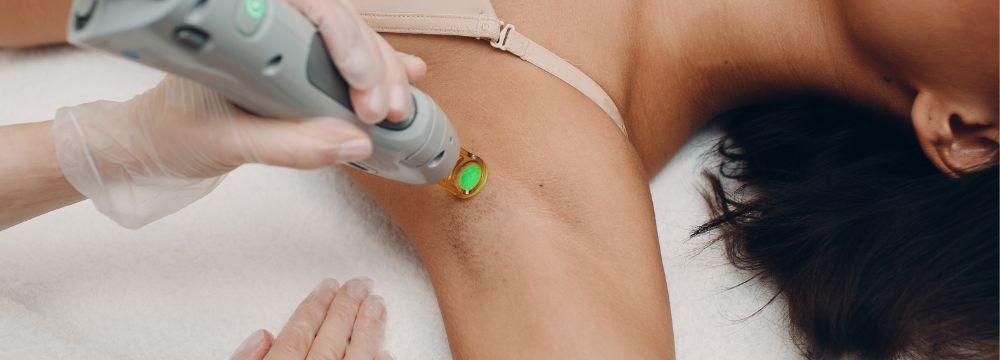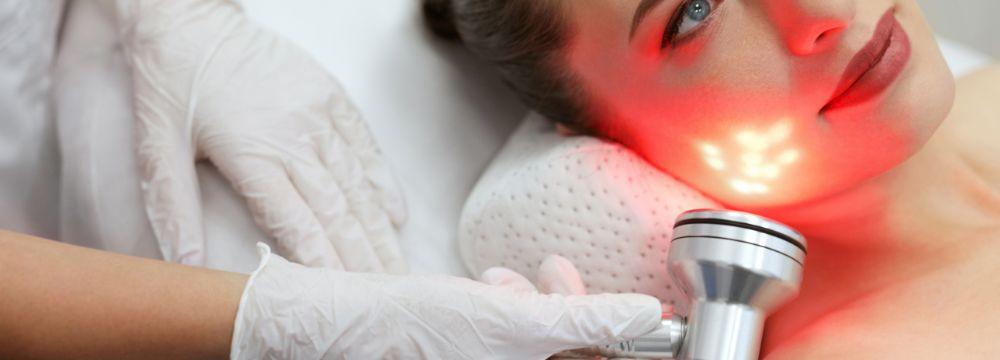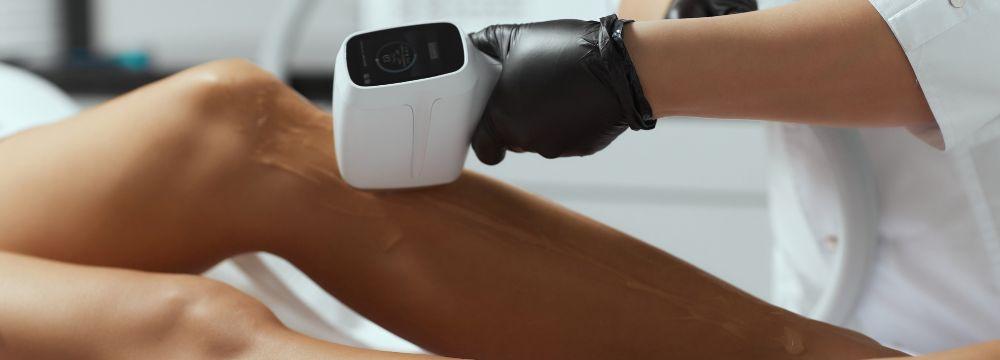Why Routine Skin Exams Are So Important
Routine skin exams can be alternately a standard part of your medical care or something you avoid at all costs! If you fall into the latter category, buck up and get it done! Regular skin exams are an easy and essential way to stay healthy and look great and can help avoid more significant problems later. It might seem like a no-brainer or something that you can do yourself, but skin exams need to be performed by a board-certified dermatologist. Detecting certain types of skin cancer can be challenging without extensive training. Skin cancer can be tricky to spot even to the trained eye, and suspicious moles may require a biopsy. Besides spotting potentially worrisome lesions, visiting the dermatologist can mean that difficult-to-see areas like the back and scalp get needed attention. A dermatologist can also offer you cosmetic consultations– expert advice on filler, BOTOX, and laser treatments that can keep you looking your best. A dermatologist can also prescribe medications and creams for aesthetic or medical purposes.
Cosmetic Concerns
So why should you visit your dermatologist for cosmetic concerns? Dermatologists are trained in everything related to the skin, meaning they can help diagnose and treat medical conditions and cosmetics. Some dermatologists elect to practice general dermatology, seeing patients for any skin concern, whereas others specialize in specific cosmetic issues. Here at North Atlanta Dermatology, you can rest assured that all your concerns will be addressed by the same office.
Our board-certified dermatologists also work with plastic surgeons and aestheticians to address skincare issues from the most basic to the most complex. Similarly, these providers often refer to our office for specialized skincare concerns. The bottom line is no matter who you see, it’s essential to have regular skin checks with a board-certified dermatologist.
Skin Cancer
Skin cancer can be a scary diagnosis- and seeing a dermatologist is the best way to catch and treat it early. Some skin cancer is relatively straightforward to diagnose- generally, the most common forms of non-melanoma skin cancer can be easily identified during skin exams. Other forms of skin cancer, such as melanoma, are more challenging to detect and treat. A board-certified dermatologist can determine and treat all skin cancer conditions, but they also have specialized tools – such as dermoscopy, to help them. Dermoscopy is a magnified and polarized diagnostic option that dramatically improves the doctor’s ability to recognize and diagnose different skin conditions. We also use photographs and other imaging techniques to monitor your skin for changes.
Patients with significant sun damage are more prone to developing pigmented lesions and dyschromia. While most lesions that develop on sun-damaged skin are benign, like seborrheic keratosis and lentigos, sun damage also increases the risk of developing malignant lesions. This means that while you may be concerned with how your skin looks from sun damage, you should ALSO be concerned with the increased risk of skin cancer that comes with UV exposure.
Seeing a dermatologist for routine skin exams is essential for those at risk of developing skin cancer- but a skin exam is also a great way to have a physician examine difficult-to-see locations on the body. Skin cancer often develops on the back- which means that even if you are vigilant about doing self-skin exams at home, you might still miss something on your back.
Medications and Biopsies
Besides addressing cosmetic concerns and doing full-body skin exams for cancer screening, routine skin checks can help identify other skin issues that might need attention. Board-certified dermatologists can prescribe medications for common skin issues that can become more serious if left untreated. Conditions like psoriasis, fungal infections, and acne can all be controlled best when using prescription-strength medications. Of course, over-the-counter medicines can be helpful- but when these don’t address the problem, it’s time to bring in a professional.
- Many people suffer from inflammatory conditions such as psoriasis and eczema. While over-the-counter topical cortisone can help, getting a more potent medication may be needed to stop outbreaks in their tracks. Topical steroids for problems like insect bites, rashes, or poison ivy can be a good option.
- Fungal infections are also prevalent and can be tricky to treat. A dermatologist can help properly diagnose and treat dermatophytes, preventing them from spreading to other areas or family members.
- Acne can leave permanent scars when not adequately controlled. A dermatologist can prescribe stronger medications than you can buy at the drugstore, potentially preventing more severe acne.
- Finally, dermatologists can perform skin biopsies on any skin condition that is not immediately apparent. Many rashes look alike, making proper diagnosis even more important. Skin biopsies are low-risk but critical procedures. Nurses and estheticians are not qualified to perform biopsies, so seeing a trained dermatologist for cases where a biopsy is required is essential.
Our board-certified dermatologists in Atlanta can perform routine skin exams that encompass medical and cosmetic concerns – helping you stay ahead of more significant problems and getting you feeling and looking your best! Skin is our largest organ and the most visible! Take care of it by having regular skin checks.




